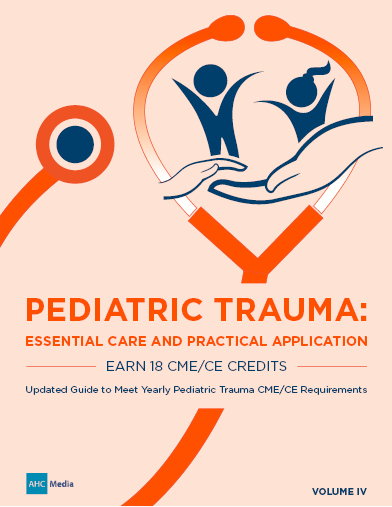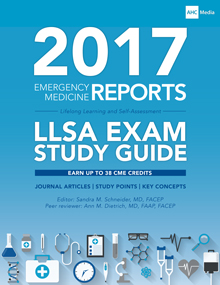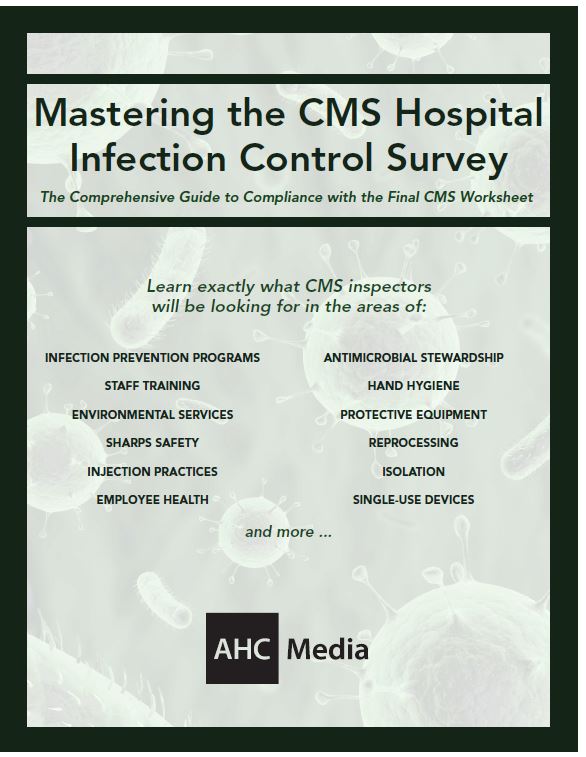New York Hospital Group Reaches $2.95 million Settlement Over Claims It Delayed Medicaid Repayment
October 19th, 2016
The United States Attorney in Manhattan announced a settlement with a New York hospital group over claims it willfully delayed repayment of more than $800,000 in Medicaid overpayments. The settlement resolves claims under the federal False Claims Act (FCA) and the New York State False Claims Act.
The United States’ complaint against Mount Sinai Beth Israel, Mount Sinai St. Luke’s and Mount Sinai Roosevelt, and Continuum Health Partners alleges that between 2009 and 2010, Continuum erroneously submitted claims to Medicaid for payment due to a software error. Continuum was alerted to the software error by the New York State Comptroller in 2010. In February 2011, an internal investigation by Continuum identified approximately 900 claims totaling over $1 million that may have been wrongly submitted to and paid by Medicaid. This list, created by the whistleblower who filed this qui tam lawsuit, contained all of the claims that were affected by the software glitch. Rather than using the list to repay the claims, Continuum terminated the whistleblower, failed to bring this list to the attention of the government, and took nearly two years to complete its repayments, according to the complaint.
In the first ruling of its kind interpreting the 60-day rule, U.S. District Judge Edgardo Ramos rejected Continuum’s contention that the 60-day period of repayment starts when the entity has completed all due diligence and is certain that they owe Medicaid money. “Under the defendants' framework, their obligation to pay would not be triggered until after they have done the work necessary to determine conclusively the precise amount owed to the Government, thus creating a perverse incentive to delay learning the amount due and relegating the 60-day period to merely the time within which they would have to cut the check,” Ramos wrote in his opinion. “This is likely not what Congress intended. Therefore, while the Government's interpretation would impose a stringent — and, in certain cases, potentially unworkable — burden on providers, defendants' interpretation would produce absurd results.”
It remains to be seen whether the U.S. Courts of Appeal will agree with this strict interpretation of the 60-day requirement.

Robert B. Vogel, MD, JD
Retinal Ophthalmologist at Piedmont Eye Center, Lynchburg VA;
Attorney, Overbey Hawkins & Wright, PLLS, Lynchburg, VA;
Adjunct Professor, Humanities and Bioethics, Liberty University School of Medicine, Lynchburg, VA.
FEATURED RESOURCES




